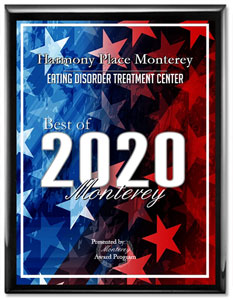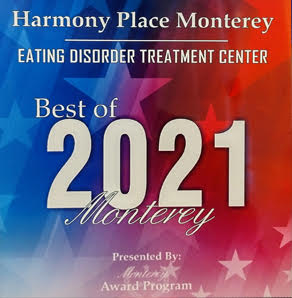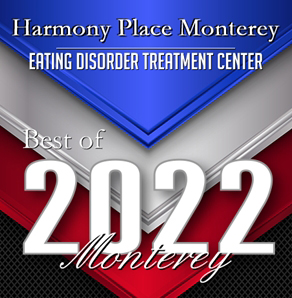Bipolar disorder, often referred to as manic-depressive disorder, is an alteration in brain chemistry that causes definitive shifts in energy level and mood and interferes with the ability to perform day-to-day functions and lead a fulfilling life.
While manic periods might result in hyper-activity and a seemingly energetic, happy person, they are followed by a devastating decline in energy, lack of interest in life, and feelings of despair and hopelessness.

Photo by Janita Sumeiko
Three Types of Bipolar Disorder
Each type of bipolar disorder involves identifiable swings in mood, energy level, and degree of engagement. Moods range from significant elation and highly charged behavior (manic episodes) to despondent, hopeless periods (depressive episodes). Less severe manic periods are referred to as hypomanic episodes. During a hypomanic episode, an individual may feel good, be productive, and function fairly well. They may not suspect anything is wrong, but close acquaintances may recognize the mood variations and changes in activity levels and suspect bipolar disorder. Without adequate treatment, hypomania can progress to severe mania or depression.
Bipolar I is defined by manic episodes that last approximately seven days or are characterized by such extreme manic symptoms that the individual requires immediate hospitalization. Frequently, depressive episodes take place as well, often lasting two or more weeks. Depressive episodes that mix depression and manic symptoms simultaneously are also possible.
Bipolar Il is defined by a sequence of depressive and hypomanic episodes but they do nor progress to a full-scale manic episode, as described above.
Cyclothymic disorder (also called cyclothymia) is defined by several bursts of hypomanic symptoms along with several cycles of depressive symptoms, lasting two years or so (one year for a child or adolescent). These symptoms do not meet the diagnostic requirements for a hypomanic or depressive episode.
Signs and Symptoms
Individuals suffering bipolar disorder express periods of extraordinarily intense emotions, alterations to sleep patterns and activity levels, and oftentimes abnormal behaviors, such as grandiose plans, impulsive financial spending or rash romantic decisions. These sequences are called “mood episodes” and are noticeably different from the person’s typical moods and behaviors.


Manic Episodes Include:
- Feel jumpy or wired
- Struggling to sleep
- Speaking rapidly and on a multitude of subjects
- Agitation, irritability, heightened sensitivity
- High-risk behaviors
Manic Episodes Include:
- Sleeping too much or too little
- Anxiety and worry
- Inability to focus, forgetfulness
- Changes to eating patterns
- Suicidal thoughts
Other issues suffered by bipolar clients may include:
- Medication management and ineffective medication
- Need for increased activation when feeling depressed
- Recognizing early signals of hypomania/mania
- Recognizing signs of irritability and tools for impulse control
- Difficulty interacting with others
- Managing irritability
Diagnosis and Treatment
The goal of treatment is mood stability. First, Harmony Place Monterey offers an assessment since most clients present with multiple diagnoses that require individualized intervention, such as attention-deficit disorder, post-traumatic stress, anxiety and obsessions, and depersonalization. With a wide variety of available medications, such as mood stabilizers, antidepressants, anticonvulsants and antipsychotics, it can be a complex task to determine the targeted symptoms and optimal medication regimen. Side-effects and avoiding addictive substances must also be factored in.
We emphasize the importance of taking medication consistently. Some clients miss the high energy and elation association with mania, and stop their medication to regain those feelings. Clients are taught to monitor their mood daily and seek support from family members, particularly if they are taking medication. They learn Buddhist principles to help with irritability, restlessness, lack of consistent sleep, unusual eating patterns, difficulty in interpersonal relationships, expressions of anger, and identifying external stress. Buddhist teachings help them to quiet their mind and focus their attention.
In many cases, quality psychotherapy can be as useful as pharmacology. At Harmony Place Monterey, we help each individual find balance to control symptoms and maintain wellness and daily function. Clients are assigned a personal therapist who specializes in bipolar disorder. Our clients can join group sessions to meet other clients with similar histories. Family participation is encouraged to learn better ways of communicating, especially about difficult or irritating issues. The goal is to stabilize moods and minimize the stigma of the diagnosis.





